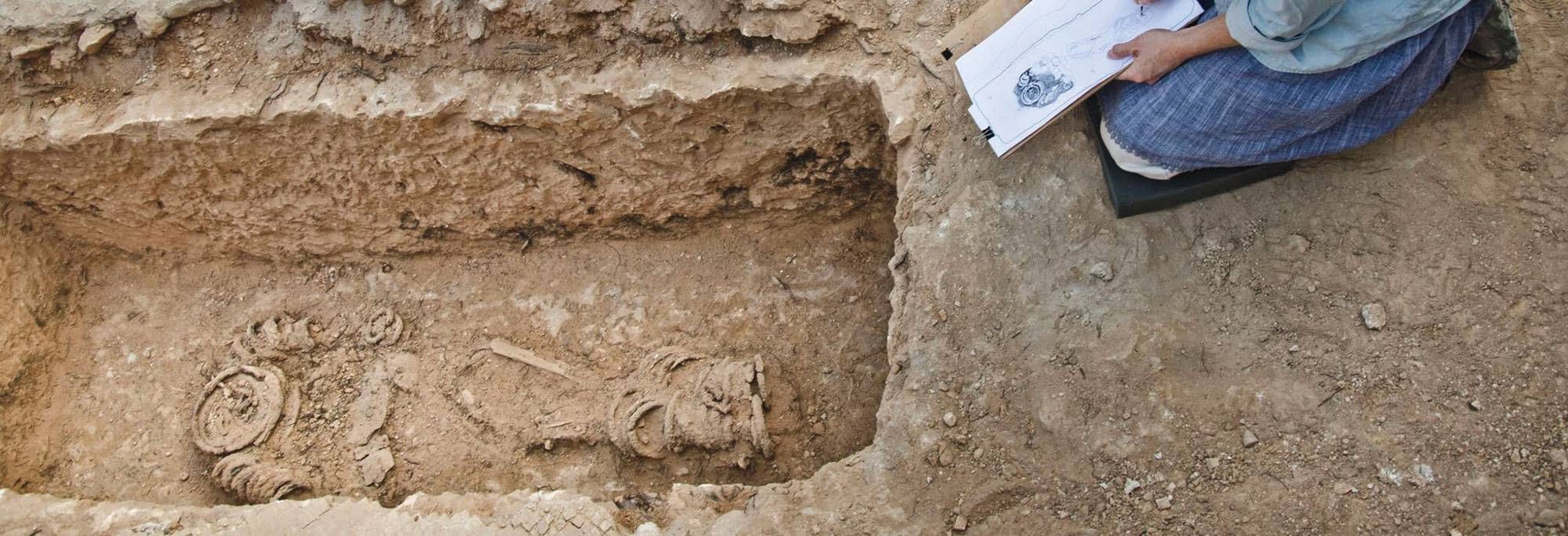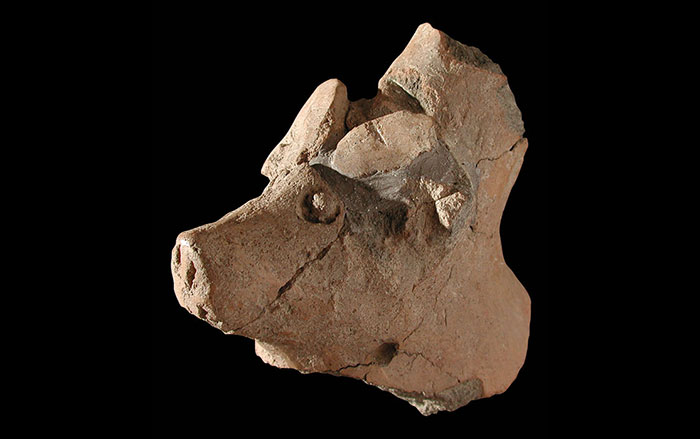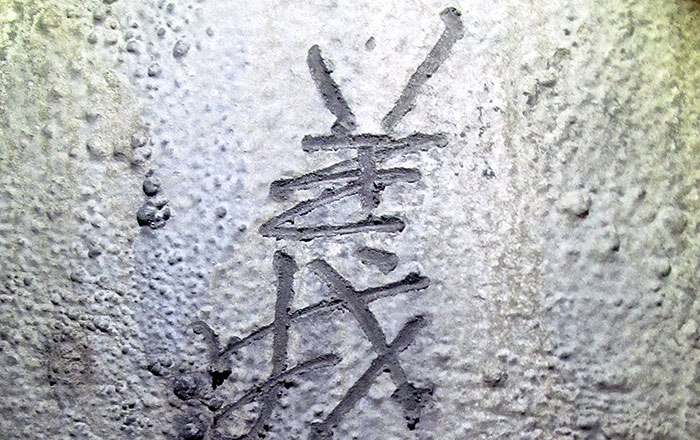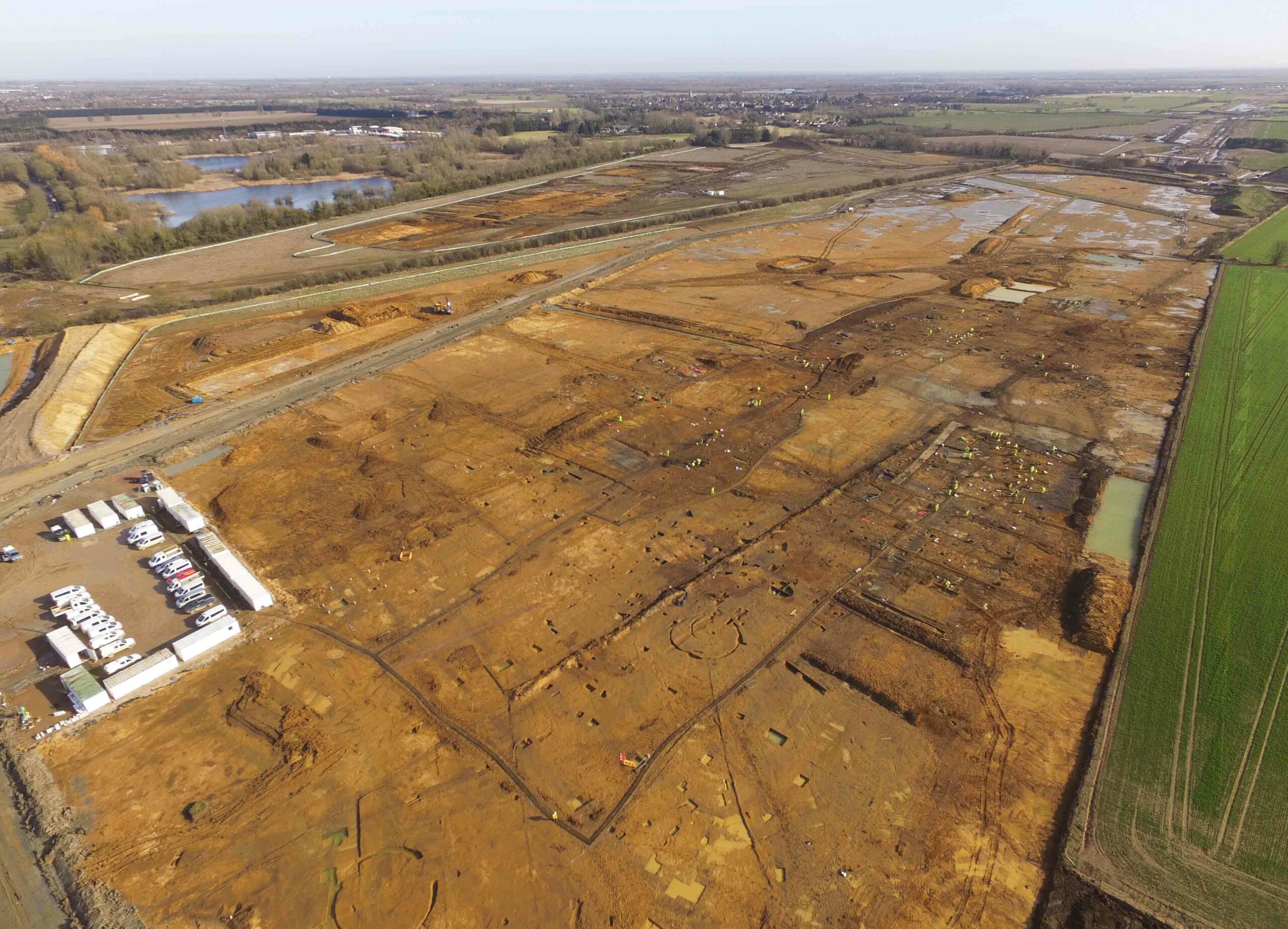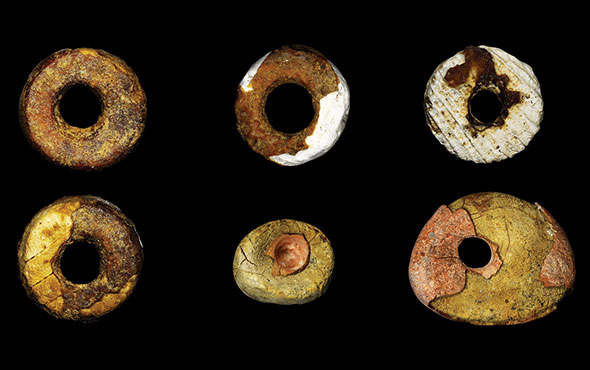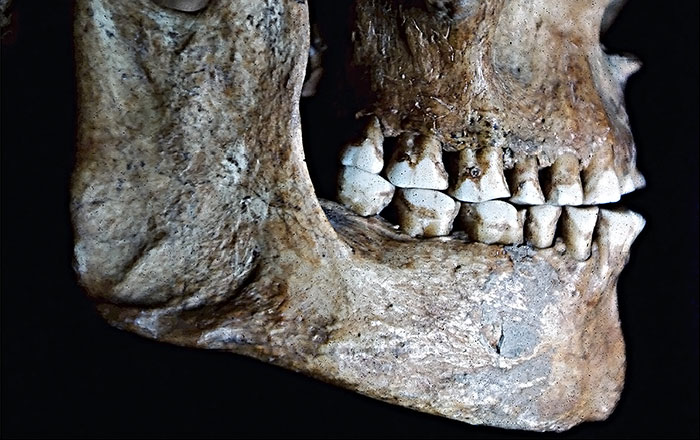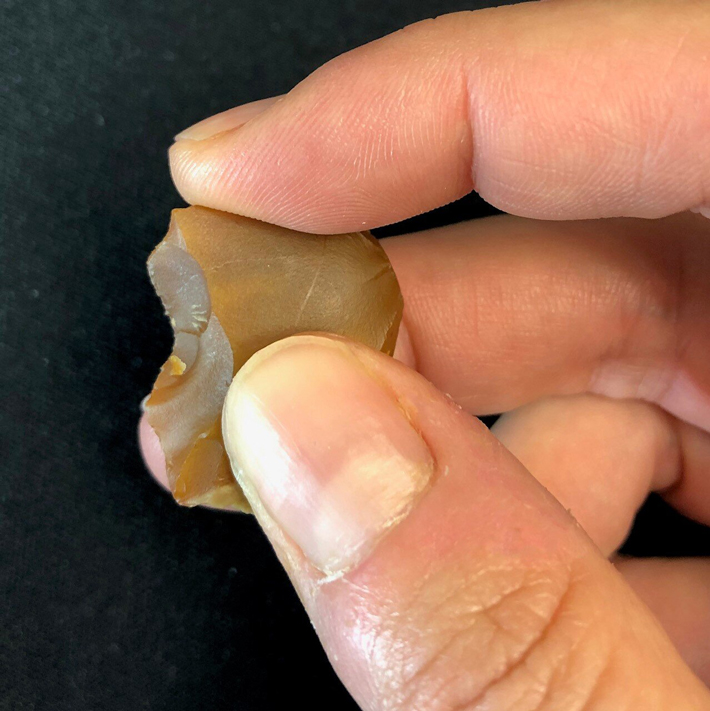
TEL AVIV, ISRAEL—According to a Times of Israel report, elephant fat and bone residues have been detected on 500,000-year-old flint blades unearthed in southern Israel by a team of researchers led by Flavia Venditti and Ran Barkai of Tel Aviv University. A collection of animal bones, hand axes, scrapers, and what had been thought to be knapping debris was recovered from the site, known as Revadim. But microscopic examination of the tiny flint pieces, some of which measure just two inches long, revealed the presence of elephant bone residue and signs of wear, including damage to their edges. Barkai said the small knives may have been used for precision cutting jobs, such as separating tendons, carving meat, and removing marrow. Such tiny flake tools were probably made from larger tools as they grew dull, the researchers explained. To read about the oldest known stone tools, go to "The First Toolkit."



